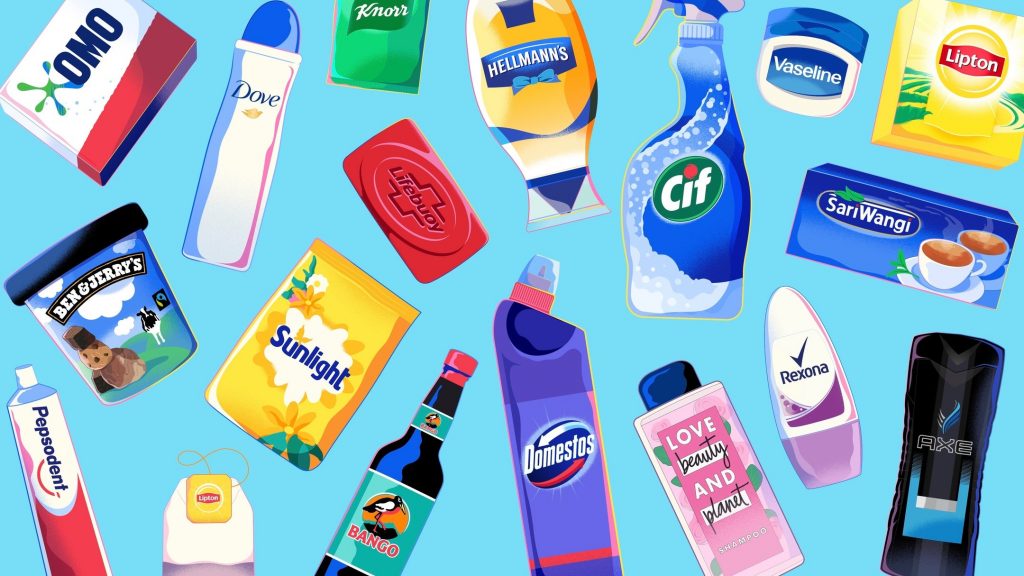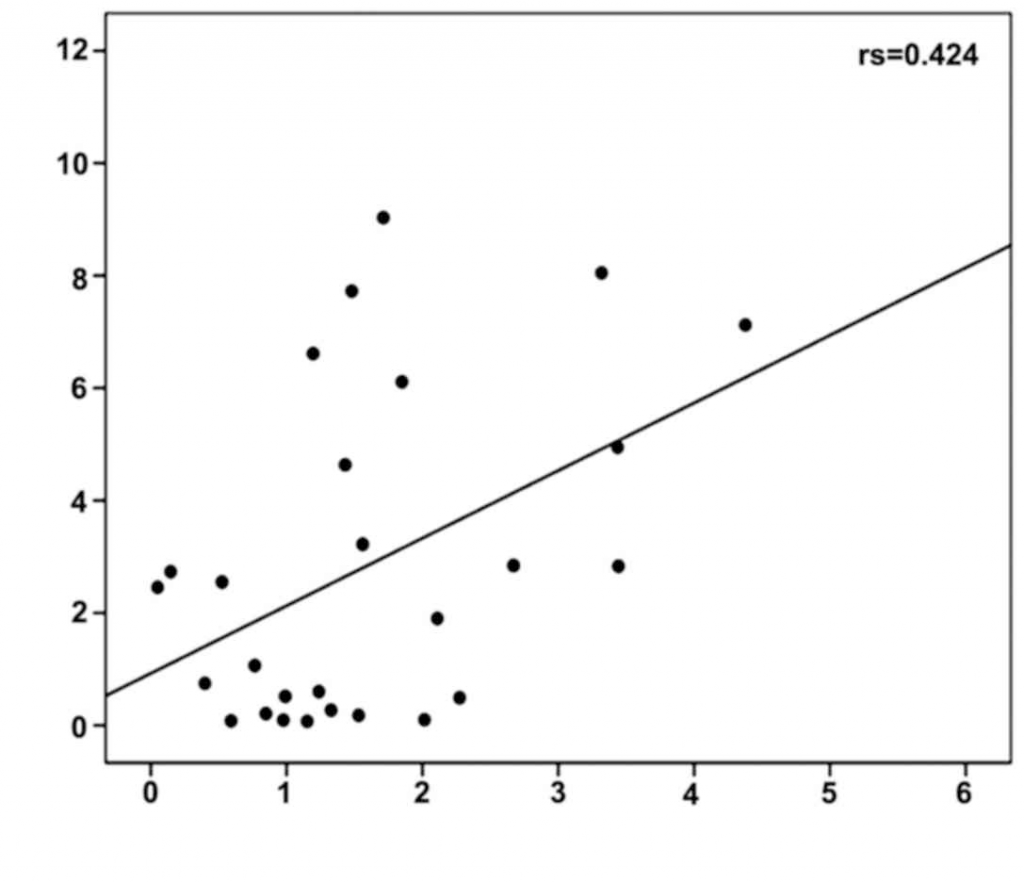LREPLY PLATFORM: A TOOL OF COMPETITIVE ADVANTAGE AND OPTIMAL ORGANIZATIONAL PERFORMANCE
This This research focused on how competitive advantage can be achieved through a product differentiation strategy across our product differentiation platform and how it ultimately affects organizational performance in a manufacturing company, with Unilever Belgium serving as the study.
Methodology
Due to the nature of the respondents, a survey was chosen. This meant that the questionnaires were distributed to the selected sample. The population of respondents was quite large and consisted of all household / personal of Unilever Belgium products in Charleroi. Since not everyone in the population can fill out a questionnaire, a sample of the population was used as respondents for the study. This study chose a survey research design that focuses on the customers of Unilever Belgium, a manufacturer of household and personal care products.
Since product quality is a major determinant variable in the differentiation of products, it was therefore important to test the significance of product quality as it relates to the household / personal of the products. The customers that bought or use the product remain a key factor in determining a product’s quality and differentiating features. They can judge and measure its quality and effectiveness by comparing it with the competitor’s products.

Analysis
All hypotheses were tested and analyzed using simple linear regression analysis. The result shows how much of the variance in the dependent variable is explained by the model, which is unique product features. R2 = 0.147, F = 52.087, and p=0.00; indicate that there is a significant relationship between unique product features of an organization and its customer satisfaction. This relationship is also positive.
We also carried out a correlation analysis between price; design and appearance; brand; product uniqueness; and product quality. The correlation output is shown below.
Discussion of Results
The analysis carried out in this chapter proves that there is an existence of positive significant relationship between higher product quality and the sales growth of an organization. The same also applies to the relationship between new product innovation and customer satisfaction of an organization. In the same light, the analysis reveals a positive significant relationship between product design and sales growth of an organization, as well as a significant positive relationship between unique product features and customer satisfaction of an organization.

From the foregoing, it can be inferred that there is a significant positive relationship between product differentiation and organizational performance.
It is therefore necessary that manufacturing organizations, especially the organization under study (Unilever Belgium) sees the organization’s product(s) as a potential tool of creating and maintaining a competitive edge over other competitors in the industry.
Conclusion
In conclusion, from the research study, it can be established that however little the significance product differentiation holds in relation with organizational performance, the fact remains that there is a positive relationship between the variables. This means that manufacturing organizations must pay greater attention to the products the manufacture in terms of quality design, innovations and unique features.
